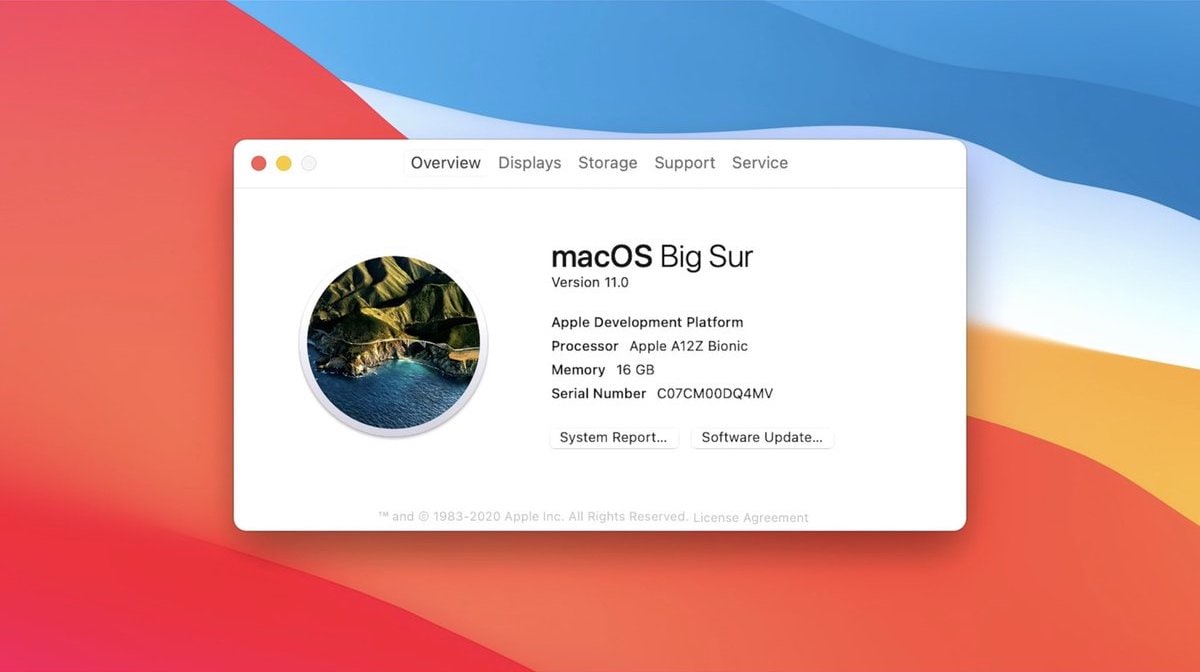Okay, that was… weird. Both more “courageous” and conservative than what I expected, and a lot to take in, but here are some quick thoughts on the WWDC keynote and what it means for the Mac.
That New Look
The new look for macOS makes it seem like Catalyst is the new design language, and it makes me sad because I actually like the way macOS looks now, and the tradition behind some of it–after all, a few of those icons have been around (like me, really) since the NeXT days.
And I’m not alone in that. Because, you see, there is a visual identity to current macOS that is… Timeless. One of my kids, who uses an iPad daily and has recently started using a Mac for school, cried “They are ruining the Mac!”

He never used a pre-Mojave Mac, and missed out on System 6, 7, 9, and the entirety of the Cocoa Wars.
And yet, he intuitively acknowledges that the Mac, as we know it today, is going to stop being its own thing and lose something ineffable. Much faster than what we expected, really, after so many years of being… the Mac.
Beneath The Glossy Bits
My biggest fear, however, is that staples like Mail.app will be broken beyond recognition (and usability), and that Big Sur will turn into an even bigger bugfest than “Craptalina” (hence the title of this piece, which is not a typo).
That said, Rosetta 2 (and the promise of sustained performance that came with those demos), another Universal format, explicit mention of Docker (and a full-on virtualization demo), which imply a good degree of support for “sideloaded” binaries, should go a fair way toward lessening the impact of the transition for most “Pros” who are simultaneously “non-Apple” developers (like myself).
But long(ish)-term support for Intel Macs for a few more years and the ability to run any iOS app on a Mac (effectively rendering moot any qualms about the size of the ecosystem for ARM Macs, if there were still any) makes me somewhat excited for the Mac’s future.
But for the moment, I must confess I’m still mostly terrified. And, in the upcoming years (especially with the siren song of AMD Ryzen CPUs and the ability to have a very powerful Linux/Windows machine for development–and for many people, for “normal” gaming), it will all boil down to bang for the buck on the desktop.
That, of course, is the real question in terms of sustainability for the platform: whether or not an ARM mini or iMac will command the same kind of price premium that they’ve enjoyed so far, and whether we’ll still be paying extra for less effective performance than mainstream machines.
Nobody really knows, but hey, we’re finally getting browser extensions back, and maybe, just maybe, all Maps features will come to the rest of Europe in the meantime…
The Middle Kingdom
Although the prospect of a much better Air (or “MacBook darling”) is attractive, I’m much more likely to invest in another iPad in the near future.
And in that regard, I like the idea of having proper first-party handwriting recognition (as would be expected if you read my piece on the Pencil).
Plus, of course, a decent UX for Siri (and phone calls) and Spotlight as it was meant to be (although I really wish it worked properly on macOS).
Everything Else
First, what every red-blooded geek was really excited about: Foundation! Maybe it will keep me on Apple TV Plus, let’s see.
The rest was… predictable, really, and widely leaked. Guess what, iOS now looks more like Android. Or like Windows Phone. Or (shudder) Vodafone 360, the grandaddy of Active Tiles.
Take your pick, but it’s all good (especially on-device dictation and being able to pick default apps) except that:
- I couldn’t care less about Messages. Really.
- I feel a little sad that they’re effectively Sherlocking all the sleep tracking apps.
- I suspect they still have no clue about “proper” Portuguese translations.
But that’s par for the course after all these years.
Update: Apparently Shortcuts is going to come “back” to WatchOS, restoring (at least some of) the functionality I loved from the first day I installed the Workflow third-party app and which was uncerimoniously removed two years ago.